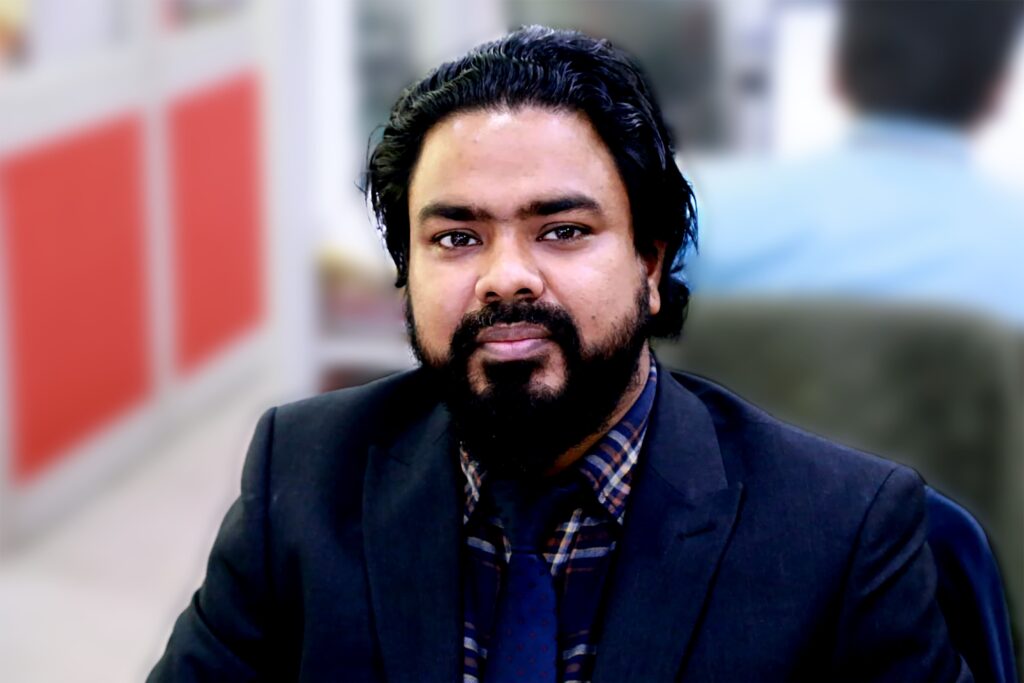Navigating the Human Capital Journey
Insights from a Seasoned Mid-Level HR Professional
Employee well-being and corporate success are intertwined in the dynamic field of Human Resources (HR) Management. As someone with decades of experience in the local business landscape, I have witnessed the evolution of HR practices and grappled with challenges unique to the role of an HR professional. This article aims to shed light on the intricate dance between managing personnel, navigating budget constraints, and fostering a company culture that aligns with organizational goals.
Challenges in HR
Talent Acquisition in a Competitive Market: In today’s fiercely competitive job market, attracting and retaining top talent poses a significant challenge. As a mid-level HR professional, I have observed the increasing importance of employer branding, strategic recruitment, and the need for innovative perks and benefits to stand out among competitors.
Employee Engagement and Retention: Sustaining a motivated and engaged workforce is an ongoing battle. The challenge lies in identifying and addressing the diverse needs of employees while aligning their goals with the company’s mission. Employee retention strategies must extend beyond traditional methods, incorporating flexible work arrangements, professional development opportunities, and a positive workplace culture.
Navigating Budget Constraints: Balancing the HR budget while meeting the diverse needs of employees can be akin to walking a tightrope. The challenge is not merely financial; it’s about optimizing resources to ensure that employee programs and initiatives yield maximum returns on investment. This involves prioritizing initiatives that align with organizational goals and contribute to long-term employee satisfaction.
The Art of Leadership in HR
Aligning HR with Organizational Strategy: One of the perpetual challenges for mid-level HR professionals is ensuring that HR practices are in sync with the broader organizational strategy. This requires a nuanced understanding of business goals, effective communication with top management, and the ability to tailor HR initiatives to support the company’s overarching objectives.
Fostering Positive Employee Relations: Navigating the delicate balance between management and employees requires diplomatic finesse. Being a mediator in conflicts, advocating for employee concerns to management, and implementing fair and transparent HR policies are integral aspects of maintaining positive employee relations.
Strategic Workforce Planning: Anticipating the future needs of the organization and aligning HR practices with those needs is a strategic imperative. This involves forecasting talent requirements, identifying skill gaps, and implementing workforce planning strategies that ensure the organization is equipped for future challenges.
HR as the Architect of Company Culture
Enrolling Good Practices: HR professionals play a pivotal role in enrolling and institutionalizing good practices within the organization. This includes promoting diversity and inclusion, championing ethical behavior, and establishing a framework for continuous learning and development.
Pursuing Organizational Culture: Cultivating a positive and inclusive organizational culture is not a passive endeavor. HR professionals must actively pursue initiatives that reinforce the desired culture, from organizing team-building events to championing open communication channels.
Measuring Cultural Impact: Evaluating the impact of HR initiatives on organizational culture is crucial. Implementing metrics to assess employee satisfaction, engagement levels, and alignment with core values provides valuable insights into the success of cultural initiatives.
In summary, the role of an HR professional is a multifaceted journey filled with challenges and opportunities. As a mid-level HR practitioner, my experience has taught me that success lies in the ability to adapt, innovate, and seamlessly balance the needs of employees with the goals of the organization. By strategically addressing challenges in talent acquisition, employee engagement, budget management, and aligning HR practices with organizational strategy, HR professionals can emerge as architects of a thriving workplace culture.
As we navigate the future of HR management, it’s essential to embrace change, leverage technological advancements, and foster a culture of continuous improvement. The HR landscape is ever-evolving, and by staying attuned to emerging trends and embracing a proactive approach, HR professionals can not only meet the challenges of today but also shape the workforce of tomorrow.
To read more from our Perspective section please Click Here.

Md. Mahbubul Hossain
HR Professional
Bashundhara Group
Email: mahbubulhossain18a@gmail.com





















